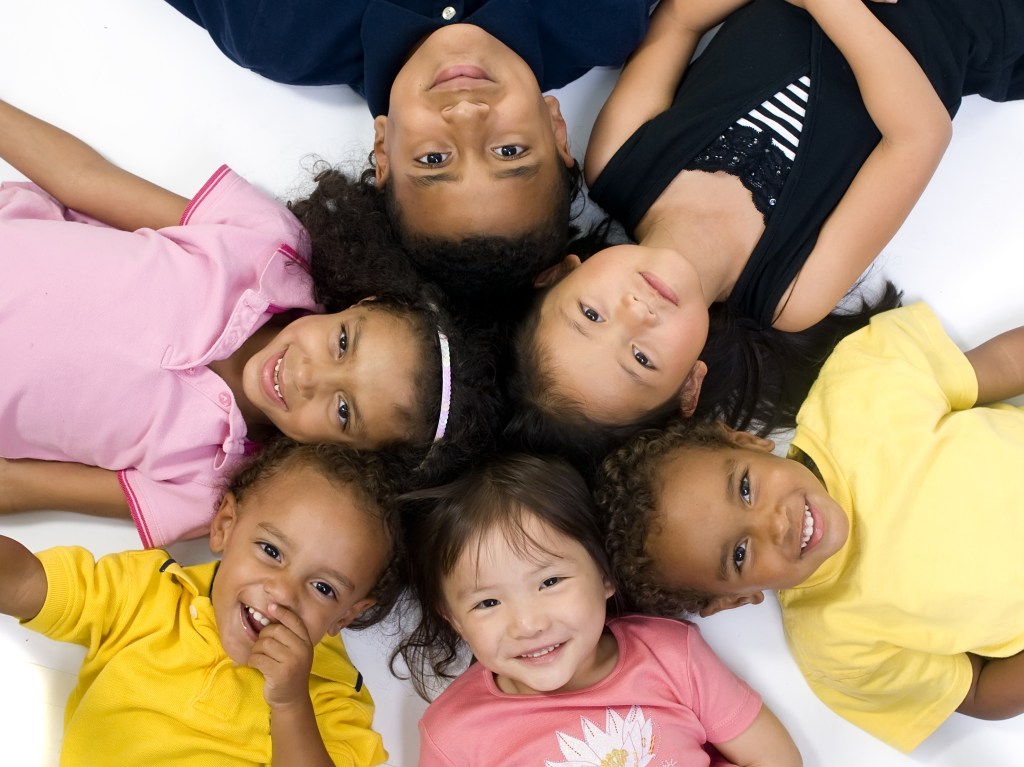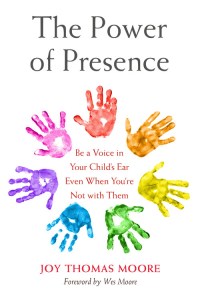FAMILY SEPARATION IS WRONG: WHETHER IT’S AT THE BORDER OR IN OUR BACKYARDS

It is safe to wager that just about every parent in the United States, regardless of their political affiliation, has taken a moment in the past few months to think about the process of separating 2,634 children from their parents and loved ones in the name of discouraging illegal immigration.
Some would argue that it is a necessary deterrent, a reasonable response to our broken immigration system. They might say that these families have put the wellbeing of their children at risk because they knowingly embarked on these potentially lethal journeys from their homelands, only to live in the shadows of our society.
Others see it as families taking a journey from religious persecution and violence, a path long ago forged by the founders of this nation. These immigrants came, families united, to seek a new life, free from strife and danger and open for untold opportunities.
Unfortunately, the words inscribed on the Statue of Liberty have tarnished, to be all but invisible to today’s immigrants.
But the separation that these new immigrants faced is something the immigrants of old never did. Their families arrived intact, and the children were able to maintain the necessary presence with their parents to grow into productive contributors to our society. Today’s immigrants, regardless of the journey they take to get here, are the recipients of an ill-conceived policy that has the potential of creating a generation of children who will suffer its aftershock and damage the character of our citizens and country.
Lack of thought and care has been the profound moral failing from the start. As the Wall Street Journal and Washington Post recently reported, the Administration had no plan in place to undo the harm of the “zero tolerance” policy of family separation. In the absence of a system to reunify families, the Departments of Health and Human Services and Homeland Security had to invent a new category to track these children and their parents and caregivers. They called this new category “deleted families.”
Families, in other words, that these agencies intentionally deleted and had no intention of bringing back together again. Imagine the trauma these children must be experiencing. Imagine if these were your children or grandchildren.
Maybe we should start making sense again about children and families who seek a new life in the United States.
Let’s start with acknowledging that no experience is more central to American history than a mother and a father with a child fleeing persecution and poverty in one place to find opportunity and hope in another.
Immigration — legal, enforced, or unauthorized — is an experience that has defined most of us for the past 20,000 years. To deny that is to deny our own family values, which are what truly makes America great.
We can continue by affirming that fear is not a deterrent but an accelerant to social disorder. The child with a broken connection with the parent is a child we may have to fear later. We might think just a little bit ahead and ask ourselves what kind of faith and confidence will those 2,634 children have years from now in the institutions that abandoned them?
We can ask virtually the same thing of the millions of U.S. citizen children under the age of 18 who live with an undocumented family member, and of the hundreds of thousands of Dreamers. They live in perpetual turmoil and fear, and fear has never produced productive citizens, thriving families, or a prosperous nation.
Finally, we can look at how we all might help heal the damage that has been done.
Dr. Nadine Burke Harris, a pediatrician and author of Deepest Well: Healing the Long-Term Effects of Childhood Adversity, has called out the Administration’s forcible separation of children from their families at the border. “The government’s policy deprived traumatized children of the most powerful factors to mitigate the biological damage they were experiencing: their parents.” She maintains that we should treat the toxic stress faced by immigrant children terrorized at the prospect of losing their parents and caregivers as a public health issue, with screening and follow up treatment.
Moreover, let’s start helping their parents – and all others who want a better life for their children – succeed as their children’s brain developer, first teachers and best advocate by
connecting them to services and supports they need to be good parents to vulnerable kids.
As we proceed through the fury of the immigration debate, let us remember that these are families deserving of sound public policy and the security of being together. That’s the legacy of this nation. Maintaining presence between a child and a parent is the most reliable ingredient in the formation of emotionally healthy and productive citizens of the world. We can and must do better than what we are doing today.
As the mother of Wes Moore, whose memoir about overcoming the obstacles that face a fatherless young black man was a huge bestseller, Joy is constantly asked: How did you do it? How can you be a good parent, have a career and stay healthy when you don't have a partner to pick up the slack? How do you connect with a child when you can't always be there? Joy's answer is "presence." Specifically, seven different ways of being a force in a child's life, ensuring that they feel your influence. We can't always be physically there for our children, but the power of presence can help us to be a voice in the back of their minds that guides them through difficult times.
In The Power of Presence, Moore explores seven pillars of presence--heart, faith, mind, courage, financial freedom, values, and connectedness--that all parents can use to positively influence their children. Using compelling stories from women who have been there and practical advice on everything from savings accounts to mindfulness, this book is a compassionate look at what it takes to raise great kids even in less than ideal circumstances.
